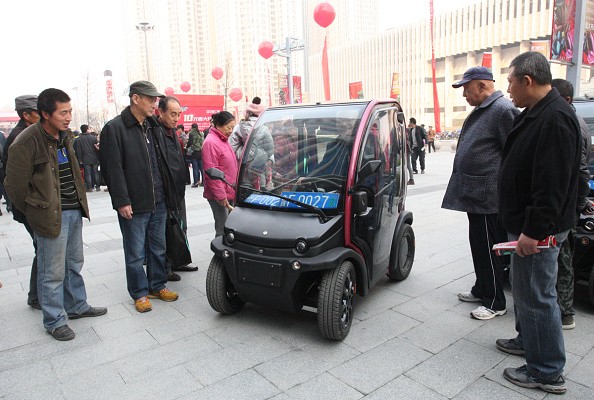Although China has already laid out a program to build a nationwide network of electric vehicle (EV) charging stations to meet the power demands of 5 million electric vehicles by 2020, it has yet to issue a set of national standards for building such facilities.
According to a report from the Chinese-language Economic Observer newspaper earlier this week, the government may continue to postpone publication of the new standards for EV charging stations due to "bottlenecks" encountered by drafting the standards.
The government has largely completed its revisions to the standards and is already soliciting opinion from experts, the report said, noting that differing opinions of the experts is a key factor affecting the postponement of the publication.
Among the most complicated portions include the development of a link between vehicles and charging piles to ensure compatibility and charging safety.
Because of this, data sharing and communication between operators of charging piles and EV makers will become an essential part of establishing compatibility standards, the report added.
However, taking their own interests into consideration has made charging station operators and EV manufacturers wary about publishing and sharing their data, so coordination among related companies will take time, the Economic Observer quoted an anonymous industry insider as saying.
China's charging station network is slated to cover residential areas, business districts, public spaces and inter-city highways, according to official guidelines.
The guidelines also state that new residential complexes should have charging points or have assigned spaces for them, while public parking lots should have no less than 10 percent of their parking spaces fitted with charging facilities.
At least one public charging station must be available for every 2,000 new EVs, the guidelines state.



























